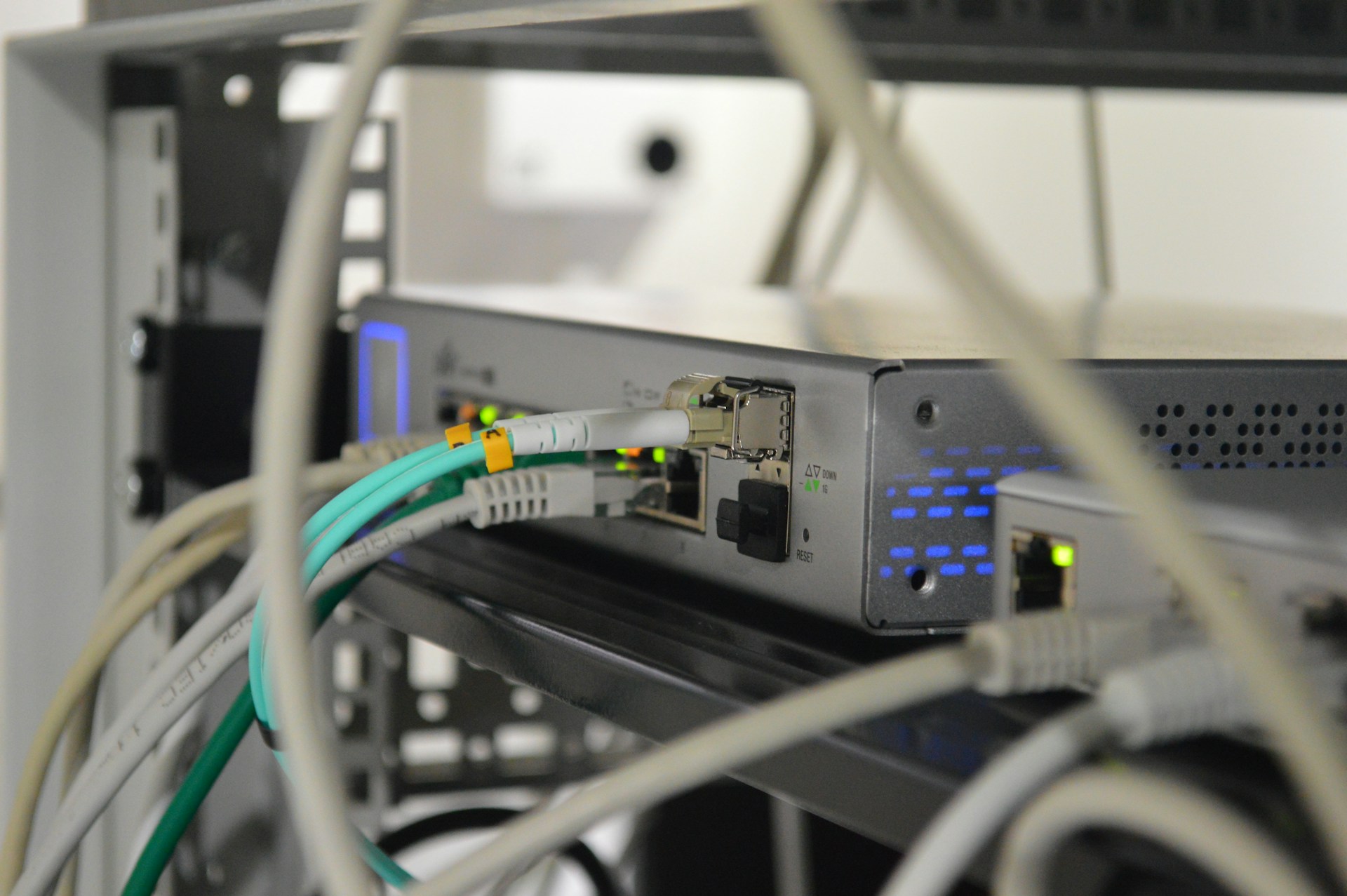
The multimillion audience of the global network is busy every day exchanging information data with each other. These are friendly conversations, exchange of photos, business relations, sending documents, publishing articles and so on. The whole Internet is based on the HTTP protocol. Actually, it is due to this that people have a great opportunity to transfer data online.
During the application of servers, it is very important to choose the right proxy option to avoid potential problems and also to achieve your goals. SOCKS5 and HTTPS proxy servers are commonly used. They differ mainly in terms of the level of privacy, the protocol used, the method of information transfer, as well as some other options. Next, let’s analyze each type of server separately.
Characteristics and features of HTTP(S)
HTTPS is a relatively secure Internet protocol for routing data. It supports encryption using the cryptographic network protocols SSL and TLS. It is also an optimized variant of the HTTP information exchange protocol.
Initially, the hypertext exchange protocol was used as a transport option to send a test document that is referenced. After some time, it became the best option for sending information from one user to another. The Internet protocol has been improved to perform various data routing tasks. It is now used all over the world.
Despite its versatility, an Internet protocol like HTTP has one very significant disadvantage. This is security. Due to the fact that information is transmitted from user to user as plain text, fraudsters have a chance to intercept it, change the data or its meaning. In this regard, the HTTPS protocol was developed.
HTTP proxies work in conjunction with the HTTP network protocol, the tasks of which are to work with certain programs that use HTTP to visit web pages, upload and send documents.
Requests that are formed with the use of proxies are not sent directly. They use such a server as a kind of intermediary to send the request on their behalf.
At the same time, the HTTP proxy protocol performs caching to speed up page loading when applying saved documents, monitoring and filtering Internet traffic, setting speed limits, blocking unclaimed resources, selecting statistical information by saving logs.
Intermediary servers of this protocol have different levels of confidentiality. According to this indicator, such subspecies of HTTP proxies are distinguished:
Transparent – do not hide the actual IP address, as well as information that access to the resource is possible through a proxy server. Such intermediaries are used not so often, but mainly for redirecting users to another proxy.
Anonymous – transmits information about the use of an intermediary server, but the IP address is hidden and replaced by another IP, providing a high degree of reliability.
Elite – do not open the operation of proxy servers, while reliably hiding the IP address of the user. The server to which you need access will “think” that you have connected directly without exploiting the proxy server.
In addition, HTTPS proxy servers that use the SSL protocol should be noted. These are subtypes of HTTP network protocols that use a secure connection. Internet traffic sent by this proxy is securely encrypted and guarantees a high degree of anonymity. They are typically used to:
- secure networks (e.g., banking networks);
- create secure corporate networks;
- run other connections that require security.
As far as other proxy functions are concerned, they are identical to those of HTTP.
Characteristic features of SOCKS5
Socks5 is another Internet protocol that is highly demanded by users. Proxies using Socks5 are considered hidden by definition, because they transmit Internet traffic as it is, without opening the HTTP title. As a result, the access server “doesn’t know” that you’re working through a proxy and doesn’t get your IP.
Socks5 intermediary servers work with HTTP, HTTPS, FTP and support all the features available in these protocols:
- authentication;
- caching;
- SSL connection.
In addition, Socks5 servers use UDP and TPC Internet connections. This allows them to expand their field of operation, making them the most sought-after among modern intermediary servers.
Socks5 was originally designed for use in software. Therefore, most software supports this network protocol for proxies. In addition, Socks5 has a great option to build intermediary servers. This is a very useful solution for performing tasks while surfing online.
As you can see, there is a difference between HTTP and SOCKS Proxies. Actually, if you have to choose between HTTPS or SOCKS5, of course, it is preferable to choose in favor of the second option. It is more anonymous, supports more features and works with all sites and applications that support proxy connections.
What should I choose between HTTP(S) or SOCKS5?
In case you have to choose between HTTPS vs SOCKS5, you should mainly pay attention to the following characteristics of these protocols. These include:
Functionality. HTTP proxies communicate exclusively with the HTTP protocol. They are optimal for getting information while using a browser. HTTP and HTTPS function at a fairly high level, unlike SOCKS. Actually, they can decode traffic that is transmitted over a TCP connection.
Performance. The speed performance of common HTTP proxies usually meet the ISPs’ specifications. SOCKS gives more speed, because technically these proxy servers request less encoding to run. In principle, the difference in speed limits is almost impossible to notice. But SOCKS has an advantage, especially when routing information through a global network.
Reliability and anonymity. Proxy-SOCKS provides a greater degree of reliability and anonymity because the server is unable to read the information that is transmitted to the user. The security of Internet activity is somewhat compromised when using proxy-HTTP, mainly because such proxies are insecure because they can recognize, receive and decode Internet traffic.
So, you have familiarized yourself with the general features of SOCKS5 vs HTTP.
If you are interested in purchasing private mobile proxies, you can do it by ordering the service on our website.






